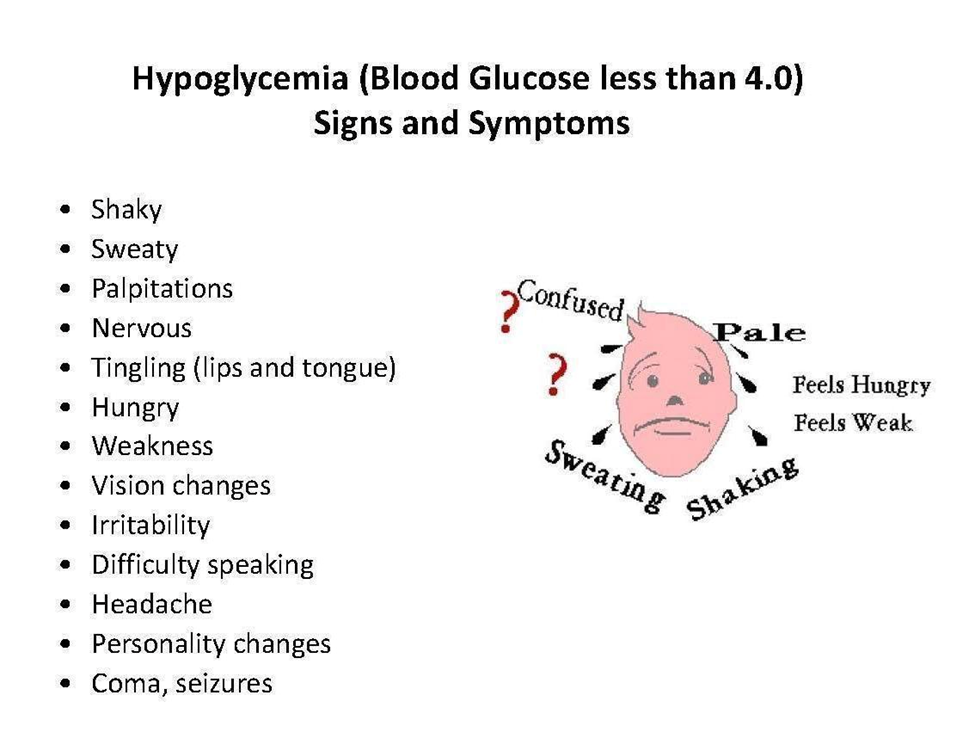A nurse is caring for a client who has cirrhosis and a prothrombin time of 30 seconds. Which of the following medications should the nurse plan to administer?
Warfarin
Vitamin K
Heparin
Ferrous sulfate
The Correct Answer is B
A. Warfarin:
Warfarin is an anticoagulant that works by inhibiting the synthesis of certain clotting factors, including factors II, VII, IX, and X. While it is used to prevent thromboembolic events, in a client with cirrhosis and an elevated PT, the priority is addressing the coagulation factor deficiency rather than adding an anticoagulant.
B. Vitamin K:
Vitamin K is the antidote for warfarin, and it helps in the synthesis of clotting factors. In cirrhosis, there can be impaired synthesis of clotting factors due to liver dysfunction. Administering vitamin K can aid in correcting coagulation abnormalities.
C. Heparin:
Heparin is another anticoagulant, but it does not reverse the effects of warfarin. It works by a different mechanism and is typically used in acute settings, such as deep vein thrombosis or pulmonary embolism. It is not the primary intervention for an elevated PT in cirrhosis.
D. Ferrous sulfate:
Ferrous sulfate is an iron supplement and is not indicated for the correction of an elevated PT. Iron supplements are typically used to address iron deficiency anemia.
Nursing Test Bank
Naxlex Comprehensive Predictor Exams
Related Questions
Correct Answer is D
Explanation
A. Applying a cold pack to the client's upper arm is not the first action. The priority is to assess and address the cause of the edema. Cold packs may be used for comfort, but they do not address the underlying issue.
B. Removing the PICC line is not the first action. Before considering removal, it is essential to assess the extent and cause of the edema. Removing the line without proper evaluation could lead to premature discontinuation of necessary treatment.
C. Notifying the provider who inserted the PICC line is important, but it is not the first action. The nurse needs to assess and intervene promptly. The provider should be informed after initial actions are taken.
D. Stopping the infusion and measuring the circumference of both upper arms is the first action. This helps determine the extent of the edema and whether it is related to the infusion. It is crucial to assess for complications such as infiltration or extravasation of the TPN solution.
Correct Answer is A
Explanation
A. Tremors:
Tremors or shaking is a common symptom of hypoglycemia. When blood glucose levels drop too low, the body reacts by releasing hormones like adrenaline, leading to symptoms such as tremors, shakiness, and palpitations.
B. Bradycardia:
Bradycardia, or a slow heart rate, is not typically associated with hypoglycemia. Instead, hypoglycemia tends to stimulate the release of adrenaline, which can increase heart rate.
C. Vomiting:
Vomiting is not a classic manifestation of hypoglycemia. Nausea may occur, but vomiting is more commonly associated with conditions such as hyperglycemia or diabetic ketoacidosis.
D. Fruity odor on the client’s breath:
A fruity odor on the breath is more commonly associated with diabetic ketoacidosis (DKA) in individuals with diabetes mellitus, particularly when there is an accumulation of ketones in the body. It is not a typical manifestation of hypoglycemia.

Whether you are a student looking to ace your exams or a practicing nurse seeking to enhance your expertise , our nursing education contents will empower you with the confidence and competence to make a difference in the lives of patients and become a respected leader in the healthcare field.
Visit Naxlex, invest in your future and unlock endless possibilities with our unparalleled nursing education contents today
Report Wrong Answer on the Current Question
Do you disagree with the answer? If yes, what is your expected answer? Explain.
Kindly be descriptive with the issue you are facing.
